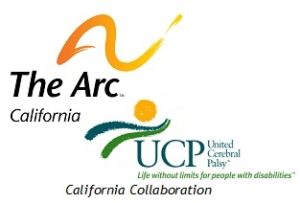Women with intellectual and developmental disabilities (I/DD) have the same rate of breast cancer as women without I/DD yet they have much lower rates of routine breast cancer screenings and higher mortality rates. There has been a fair amount of research about why women with I/DD receive less routine screening as well as what can be done to change that. There are of course the obvious reasons why screening can be difficult such as challenging behaviors and inaccessible equipment. However, if that were the limit to challenges public health, health advocates and behavior specialists could create and implement interventions that would increase screening. The reality is there is a systemic need to increase awareness of the importance of adherence to the screening guidelines that promote EARLY DETECTION in women with I/DD just as there is for women without. The treatment for breast cancer is so much more likely to be successful when it is caught early which would go a long way in lowering the mortality rate for women with I/DD.
The latest guidelines, released in 2015, recommend women with an average risk of breast cancer begin annual mammograms at age 45 and continue annually until age 55. After the age of 55 they recommend every other year. The important thing here is “average risk” and how does that get communicated to AND understood by a person with I/DD, their health care provider and/or support person (family member, direct support professional, friend, etc.). Often there may not be enough information about family history or the medical records are incomplete. As more women with I/DD are living in supported or independent living options there may be challenges with record keeping and knowing when their screening is due. After reading many articles and talking to many people about this over the years I came upon a discussion about educating and raising awareness among all of us. There is no one intervention or one-time funding that will create parity in screening. A mobile mammogram van (although nice) is not going to address the needs of everyone and not everyone needs the “mammovan” to come to them.
It really is about raising OUR, in the collective sense, awareness. Ask if there is a family history of breast cancer, if the person you support doesn’t know as a family member. Encourage supported decision-making for both women and men and advocate for adherence to the screening guideline because if there is a family history screening should start earlier and the individual has the option to choose that. While sometimes behaviors can make it challenging to get screenings take the time to work with the person so they can get through the screening otherwise 5 + years can go by where the only indication in the medical record is “Patient Refused”.
There are a lot of tools available to prepare the individual and the health care provider for a successful screening. For more information about the guidelines and screening visit:
https://www.cancer.org/latest-news/special-coverage/american-cancer-society-breast-cancer-screening-guidelines.html
UCSF Office of Developmental Primary Care


Teresa Anderson, Policy Director, The Arc & UCP Collaboration







